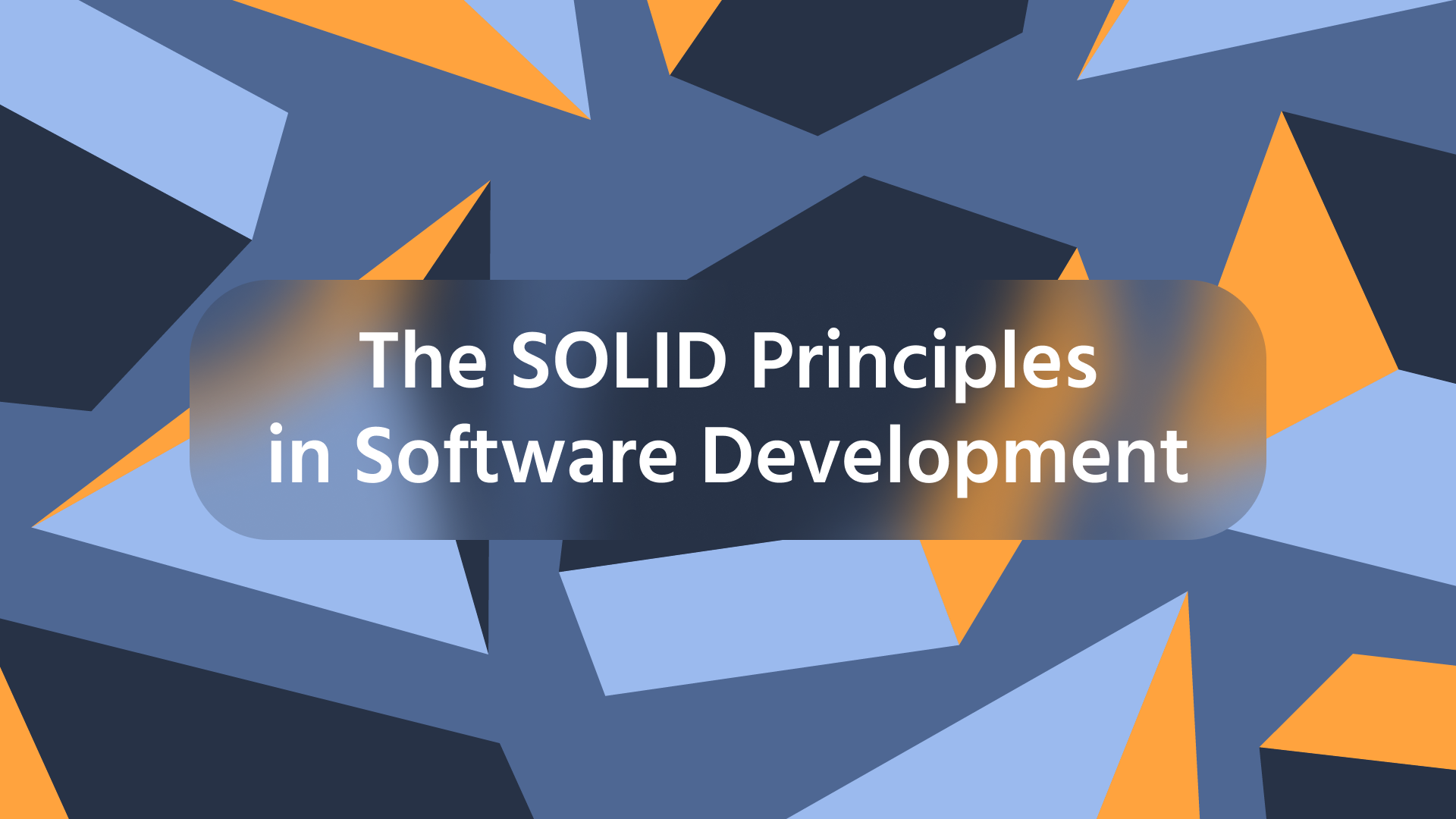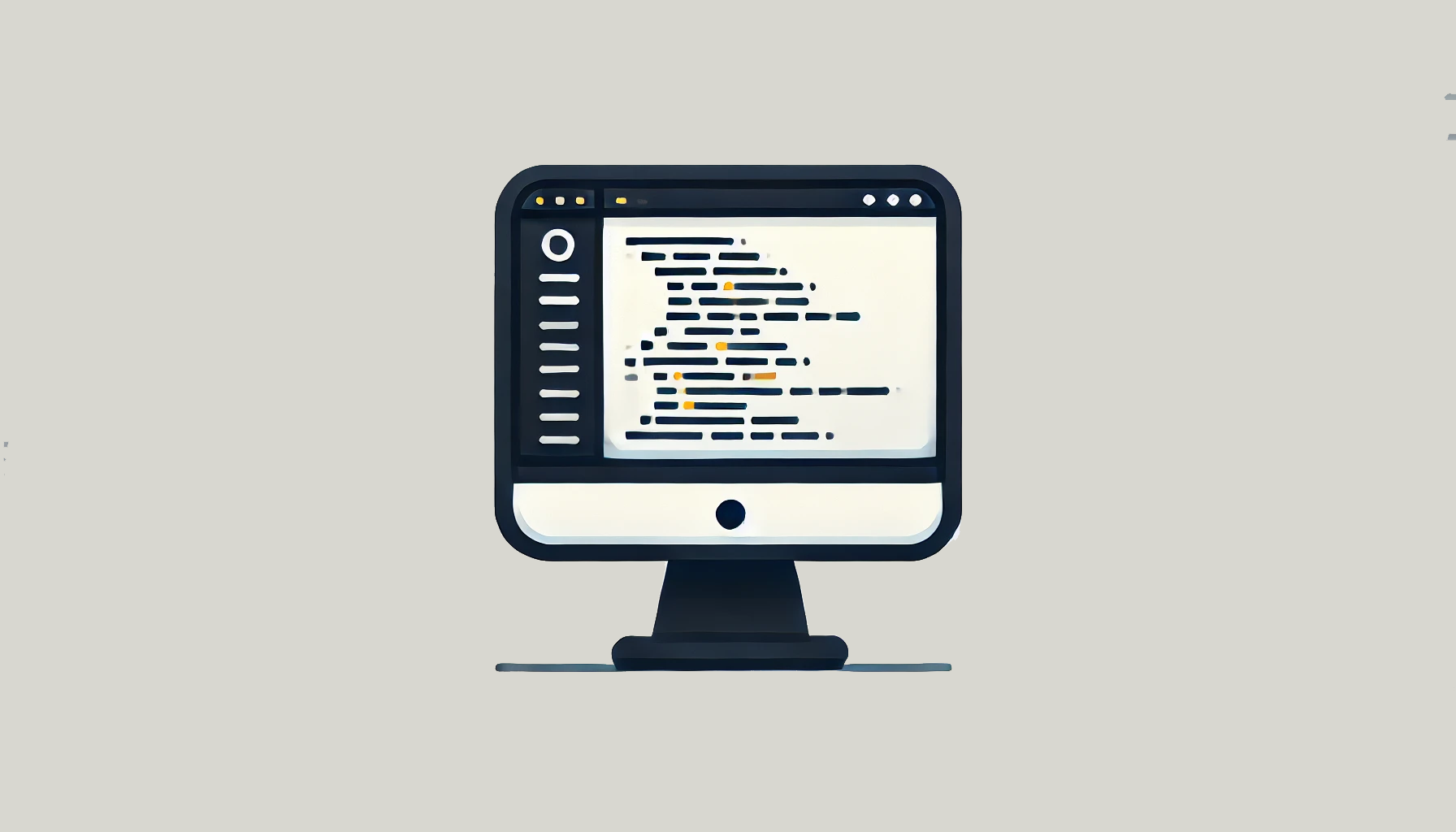Курси по темі
Всі курсиСередній
Intermediate SQL
This course is perfect for those who already have a basic understanding of SQL and want to delve into more advanced concepts to craft more powerful queries. Throughout the course, you will become familiar with data grouping and filtering grouped data. You will also learn how to work with multiple tables simultaneously, including how to combine them. Additionally, you will explore different types of table joins and how to apply them in practice.
Базовий
Introduction to SQL
This course is perfect for beginners ready to explore the world of SQL. Whether you're just starting out in database management or aiming to use SQL for your application development projects, this course covers the essentials. You'll quickly learn how to leverage the full potential of SQL, from querying and managing data to seamlessly integrating it into real-world applications. By the end of the course, you'll have the confidence and skills to solve practical problems with SQL and enhance your development process.
Базовий
Relational Database and Normalization
This course delves into the theory behind relational databases. You'll learn what they are and see how they differ from non-relational databases. Throughout the course, we'll walk you through the ins and outs of database design and familiarize you with various types of relationships. Additionally, you'll explore the concepts of normalization and normal forms, equipping you with the knowledge to craft efficient and optimized databases.
The Beginner's Guide to Data Modeling: Key Principles and Concepts
Introduction to Data Modelling

Introduction
Embarking on the journey into the world of data management can be both exciting and daunting for beginners. Information plays a pivotal role in decision-making across various domains, so understanding how to structure and organize data becomes paramount. In this beginner's guide to data modeling, we will unravel the fundamental principles and key concepts that lay the foundation for creating robust databases. Whether you're exploring database design or enhancing your decision-making prowess, this guide will demystify the art of data modeling, offering insights into its purpose, essential components, and the steps involved. Let's dive into the core principles that empower effective data representation and unlock the potential of organized information.
What is data modeling
Data modeling is a systematic method used to represent and organize data, providing a visual blueprint for database design and development. It involves defining the data structure, the relationships between elements, and the rules governing how the data should be stored and accessed. The primary goal of data modeling is to ensure that the database is well-organized, efficient, and capable of meeting the specific requirements of its business or application.
Before data modeling, you may have disorganized and incomplete data in various formats. After successful data modeling, this information is transformed into a structured and standardized format, with explicitly defined relationships, optimized storage, and improved overall data quality, facilitating efficient database design and enhancing decision-making processes.
Run Code from Your Browser - No Installation Required

Purpose of data modeling
The purposes of data modeling are multifaceted and play a crucial role in the effective management and utilization of data within an organization. Here are the key purposes of data modeling:
- Structuring Information: Data modeling helps structure information by defining entities (customers, products, or transactions), attributes, and relationships. This structured representation enhances the organization's understanding of its data.
- Enhancing Communication: Data models are visual and conceptual tools. They enable effective communication between stakeholders, including business analysts, developers, and database administrators, by providing a shared framework for discussing and understanding data.
- Improving Data Quality: Involves identifying and addressing data quality issues, such as inconsistencies, redundancies, and inaccuracies. By establishing data standards and rules, data modeling improves the overall quality and reliability of the data.
- Guiding Database Design: One of the primary purposes is to guide the design of databases. It provides a blueprint for creating tables, defining relationships, and optimizing data storage, ensuring that the database structure aligns with the specific needs and objectives of the organization.
- Supporting Decision-Making: Well-designed data models facilitate informed decision-making. They provide a foundation for generating insights, conducting analyses, and extracting meaningful information from the data. Decision-makers can rely on the structured representation of data to make strategic choices.
- Planning for Scalability: Considering future needs and growth. It allows organizations to plan for scalability by designing databases that accommodate increasing amounts of data without sacrificing performance or integrity.
Fundamental concepts of data modeling
Here are some fundamental concepts of data modeling with brief descriptions:
- Entity: An entity is a real-world object, concept, or event with specific characteristics that can be represented and stored in a database. In data modeling, entities serve as the foundation for organizing and categorizing information.
- Attribute: Attributes are properties or characteristics that describe entities. They represent the data elements associated with an entity, providing details such as names, values, or descriptions.
- Relationship: Relationships define how entities are related to each other within the data model. They establish connections, indicating dependencies or associations between different entities.
- Normalization: Normalization is the process of organizing data to reduce redundancy and improve data integrity. It involves breaking down data into smaller, related tables to eliminate data duplication and inconsistencies.
- Conceptual Data Model: A conceptual data model represents high-level business concepts and relationships without delving into specific technical details. It provides a clear overview of the essential components of the data.
- Logical Data Model: The logical data model translates the conceptual model into a more detailed representation, incorporating tables, relationships, and attributes. It focuses on how data will be structured in the database.
- Physical Data Model: The physical data model defines the actual implementation of the database, specifying details such as data types, indexes, and storage mechanisms. It addresses the technical aspects required for database creation.
- Primary Key: A primary key is a unique identifier for a record within a table. It ensures the uniqueness of each record and serves as a reference point for establishing relationships between tables.
Common Prerequisite Skills for Data Modeling
- Database Fundamentals: A foundational understanding of how databases work and basic database concepts is essential.
- SQL Knowledge: Many data modeling tools require a basic understanding of SQL, as they often involve generating or executing SQL scripts.
- Entity-Relationship (ER) Modeling: Familiarity with ER modeling concepts, including entities, attributes, and relationships, is crucial for effective data modeling.
- Normalization Techniques: Understanding the principles of normalization helps in designing efficient and well-structured databases.
- Industry-specific Knowledge: Depending on the domain of your work, having knowledge specific to that industry can be beneficial when designing databases tailored to its requirements.
- Collaboration and Communication Skills: Data modeling often involves collaboration with various stakeholders. Good communication skills and the ability to translate business requirements into a data model are essential.
You can observe that a grasp of database fundamentals and SQL is crucial for effective data modeling. Acquiring this knowledge can be achieved by completing the SQL from Zero to Hero Track. This track encompasses essential information about database organization and SQL.
Start Learning Coding today and boost your Career Potential

Conclusion
In conclusion, mastering the fundamentals of data modeling, including a solid understanding of database principles and SQL, is pivotal for anyone venturing into the realm of information management. With our SQL from Zero to Hero Track, you have the opportunity to acquire the foundational knowledge necessary for successful data modeling. Embrace the power of structured data organization, enhance your skills, and unlock new possibilities in database design. Join us on our platform to embark on a learning journey that will empower you to navigate the complexities of data modeling with confidence and expertise. Don't miss the chance to transform your understanding of databases and SQL – dive in and elevate your skills today!
FAQs
Q: Why is data modeling essential for businesses and organizations? A: Data modeling is crucial for businesses and organizations as it provides a structured framework for organizing, understanding, and utilizing data effectively, leading to informed decision-making.
Q: How does data modeling contribute to improving data quality? A: Data modeling contributes to improved data quality by identifying and addressing inconsistencies, redundancies, and inaccuracies, ensuring reliable and accurate information.
Q: Can data modeling be applied to different industries and sectors? A: Yes, data modeling is a versatile concept applicable to various industries and sectors. Its principles can be adapted to the specific needs of businesses, healthcare, finance, and more.
Q: Are there specific tools required for practicing data modeling? A: While there are various data modeling tools available, the Beginner's Guide focuses on fundamental concepts. As you progress, exploring tools like ERwin, Lucidchart, or Microsoft Visio may enhance your practical skills.
Q: What career paths can benefit from a strong foundation in data modeling? A: Roles such as Database Administrator, Data Analyst, Business Analyst, and Data Scientist greatly benefit from a strong foundation in data modeling. It is a valuable skill across a range of data-centric professions.
Курси по темі
Всі курсиСередній
Intermediate SQL
This course is perfect for those who already have a basic understanding of SQL and want to delve into more advanced concepts to craft more powerful queries. Throughout the course, you will become familiar with data grouping and filtering grouped data. You will also learn how to work with multiple tables simultaneously, including how to combine them. Additionally, you will explore different types of table joins and how to apply them in practice.
Базовий
Introduction to SQL
This course is perfect for beginners ready to explore the world of SQL. Whether you're just starting out in database management or aiming to use SQL for your application development projects, this course covers the essentials. You'll quickly learn how to leverage the full potential of SQL, from querying and managing data to seamlessly integrating it into real-world applications. By the end of the course, you'll have the confidence and skills to solve practical problems with SQL and enhance your development process.
Базовий
Relational Database and Normalization
This course delves into the theory behind relational databases. You'll learn what they are and see how they differ from non-relational databases. Throughout the course, we'll walk you through the ins and outs of database design and familiarize you with various types of relationships. Additionally, you'll explore the concepts of normalization and normal forms, equipping you with the knowledge to craft efficient and optimized databases.
The SOLID Principles in Software Development
The SOLID Principles Overview
by Anastasiia Tsurkan
Backend Developer
Nov, 2023・8 min read

Top 25 C# Interview Questions and Answers
Master the Essentials and Ace Your C# Interview
by Ihor Gudzyk
C++ Developer
Nov, 2024・17 min read

30 Python Project Ideas for Beginners
Python Project Ideas
by Anastasiia Tsurkan
Backend Developer
Sep, 2024・14 min read

Зміст